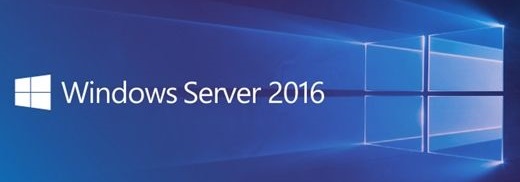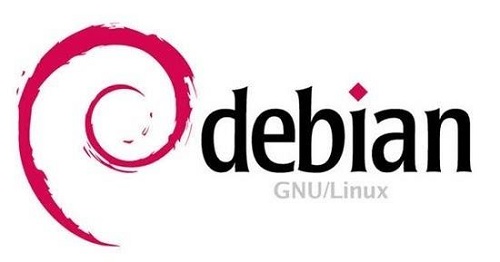When it comes to selecting an operating system for cloud servers, many users find themselves confused at the time of their initial purchase. This article introduces the advantages and disadvantages of eight different operating systems, providing a reference for users preparing to buy a cloud server.

As is well-known, Windows, developed by Microsoft, is the world's most popular desktop operating system, and Windows Server is the server version of this operating system.
Advantages:
Disadvantages:
Official website:https://www.microsoft.com/en-us/cloud-platform/windows-server

CentOS is an open-source version based on Red Hat Enterprise Linux (RHEL). Since its release in 2004, CentOS has been widely used in hosting and server domains.
Advantages:
Disadvantages:
Official Website:https://www.centos.org/

Debian is a Linux distribution known for its extensive compatibility and long-term official support. Often considered the most stable Linux distribution, many other operating systems, such as Ubuntu, are developed based on Debian.
Advantages:
Disadvantages:
Official Website:https://ubuntu.com/

Ubuntu, based on the Debian operating system, comes in both desktop and server editions. It is renowned for its high stability and powerful features, always integrating the latest technological advancements.
Advantages:
Disadvantages:
Official Website:https://ubuntu.com/

Fedora is a Linux distribution integrating various cutting-edge technologies, part of the RedHat and CentOS family. It releases a new version approximately every six months.
Advantages:
Disadvantages:
Official Website:https://getfedora.org/

FreeBSD, an important branch of the BSD operating system, is currently popular for its version developed by the University of California, Berkeley. A Unix-like operating system, it has been favored in the industry for over 20 years for its reliability and security.
Advantages:
Disadvantages:
Official Website:https://www.freebsd.org/

OpenBSD, another Unix-like operating system, excels in security and encryption, releasing a new version approximately every six months.
Advantages:
Disadvantages:
Official Website:https://www.openbsd.org/

CoreOS, also known as Container Linux, is an operating system suitable for container environments. Launched in December 2013, CoreOS is a modern operating system for the cloud computing and container era.
Advantages:
Disadvantages:
Official Website:https://coreos.com/
The above are introductions to eight operating systems for cloud servers, with Windows, CentOS, and Ubuntu being the most common on cloud servers.
23-02-2024 02:02:07
22-02-2024 03:19:32
22-02-2024 03:16:03
22-02-2024 03:14:03
22-02-2024 03:11:58